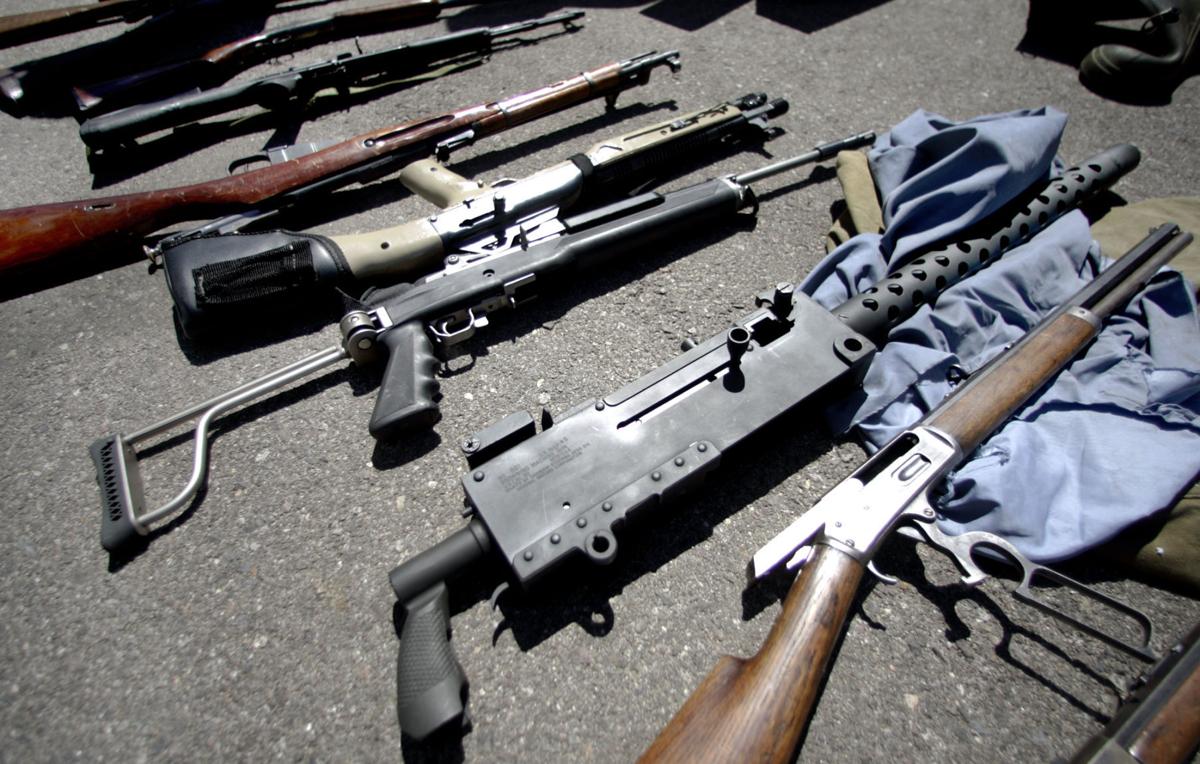Sometimes we pick up an item of knowledge that opens up a deeper understanding. Such was the case for me recently when I heard Dr. Larry Arnn of Hillsdale College comment on the Bill of Rights.
The Bill of Rights, as you recall, is the first 10 amendments to the U.S. Constitution, which were added shortly after the document was approved. It is sort of a “Top Ten” list of the rights of a free people. Yet, I always wondered if there was a hierarchy within the Bill of Rights. According to Dr. Arnn, there is.
As I recall, and I am paraphrasing here, Dr. Arnn said to consider the three aspects of human existence — the body, the mind, and the spirit. The First Amendment to the U.S. Constitution guarantees the freedom to practice one’s religion — spirit, and the freedom of speech and the press — mind.
The Second Amendment to the U.S. Constitution guarantees the right to keep and bear arms thereby ensuring the ability of an individual to secure and protect himself and his property — body. Boom! The three basic aspects of our lives secured from government usurpation by numbers one and two of the Bill of Rights!
At this point, you might say, “That’s all very interesting Mr. Founding Document Freak, but what does it mean to me? Why should I care?” Well, consider how our cultural perspectives are shaped by these principles, and how those perspectives affect our daily lives. Most Americans have a visceral revulsion to book burning, and rightly so since it is an attack on the expression of thoughts and ideas — the mind.
It used to be that most Americans would be more offended by the vandalism of a church, synagogue, or mosque than, say, a drug store since it is an attack on houses of worship — the spirit. The fact that murder, rape, and many property crimes are felonies speaks to our attitude toward the violation of people’s stuff — the body.
In a campaign fundraising speech in San Francisco, President Obama described people in the Rust Belt in the following way, “And it’s not surprising then they get bitter, they cling to guns or religion or antipathy toward people.” He was close.
Had Obama said “books” instead of “antipathy toward people” he would have hit the trifecta, but he still would have missed the point. Those things are reifications of high principles, not fixations of frightened simpletons.
So, with these things in mind, does it not seem a little creepy that the city of Tucson is going to heroic lengths to “burn” guns? I’m not equating firearm destruction with book burning, but you might say that they are two books from the same library, or two songs from the same hymnal, or two rifles from the same armory.
Forget the waste of taxpayer money and the superstitious basis for this compulsion to destroy the evil thing. The city is poking a stick at one of the trinity of basic human rights.
The folks at the city will tell you that they are not against guns generally, just those evil ones that make us less safe.
Yeah, and the pastor who burned the Harry Potter book, and the Berkeley students who burned a whole pile of copies of a book about Mumia-Abu Jamal’s legal case, will tell you that they are not against books in general, just those evil ones that make us less safe.
I would hope that if the city came into possession of a box of rosaries, or a pile of books, it would not choose burning as the method of disposition. It should treat firearms the same way.





